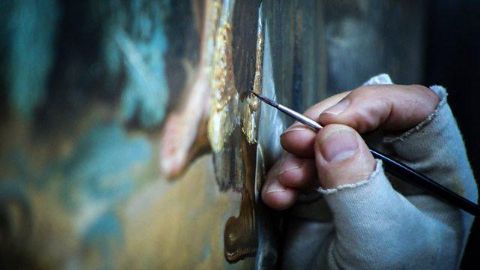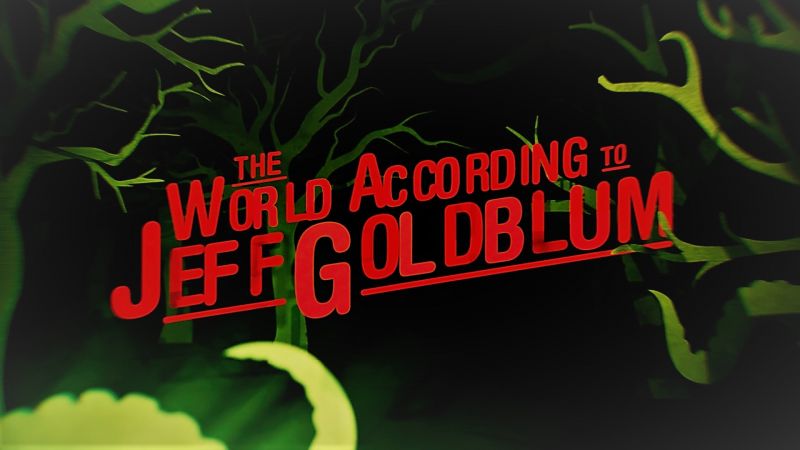Part 1 • 2019 • episode "S1E1" • Looking for Rembrandt
In the first of three episodes we learn how Rembrandt arrived in Amsterdam ‘like a thunderclap’ and was courted by the city’s wealthy elite, before falling into conflict with the city’s most powerful patrons. Jones explores the highs and lows of Rembrandt’s personal life too: from the new-found riches enjoyed with his wife, Saskia van Uylenburgh, to the tragedies that unfolded before him, leading to some of his most celebrated work.
Make a donation
Buy a brother a hot coffee? Or a cold beer?
Hope you're finding these documentaries fascinating and eye-opening. It's just me, working hard behind the scenes to bring you this enriching content.
Running and maintaining a website like this takes time and resources. That's why I'm reaching out to you. If you appreciate what I do and would like to support my efforts, would you consider "buying me a coffee"?
Donation addresses
BTC: bc1q8ldskxh4x9qnddhcrgcun8rtvddeldm2a07r2v
ETH: 0x5CCAAA1afc5c5D814129d99277dDb5A979672116
With your donation through , you can show your appreciation and help me keep this project going. Every contribution, no matter how small, makes a significant impact. It goes directly towards covering server costs.







